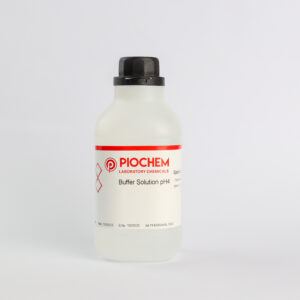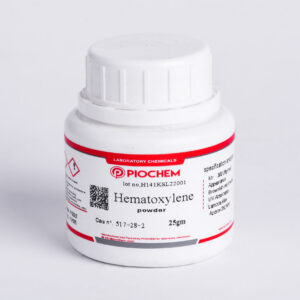Ascorbic acid, commonly known as Vitamin C, is a vital organic compound renowned for its essential role in human nutrition and its versatile applications in various industries. Here’s a detailed description:
Physical Properties:
- Appearance: Ascorbic acid appears as a white to light yellow crystalline powder.
- Odor and Taste: It is odorless and has a slightly acidic taste.
- Melting Point: Ascorbic acid melts at around 190°C (374°F).
- Solubility: It is highly soluble in water and sparingly soluble in ethanol.
Chemical Properties:
- Chemical Formula: The chemical formula for ascorbic acid is C6H8O6.
- Acidity: It is a weak organic acid, with a pH around 3 in aqueous solution.
- Stability: Ascorbic acid is sensitive to oxidation, particularly in the presence of heat, light, and air. It undergoes degradation over time, leading to loss of potency.
Usage and Applications:
- Nutritional Supplement: Ascorbic acid is essential for human health as Vitamin C. It is a potent antioxidant that helps protect cells from damage caused by free radicals, supports the immune system, and aids in the absorption of iron from plant-based foods.
- Food and Beverage Industry: It is widely used as a food additive and preservative (E300) to prevent oxidation and enhance shelf life. It is added to a variety of foods and beverages, including fruit juices, canned fruits, and cured meats.
- Cosmetics: Ascorbic acid is a common ingredient in skincare products due to its antioxidant properties. It helps in reducing hyperpigmentation, boosting collagen production, and promoting skin health.
- Pharmaceuticals: It is used in pharmaceutical formulations as an active ingredient in vitamin supplements and as a stabilizer for certain drugs.
Health Benefits:
- Ascorbic acid is crucial for the maintenance of healthy connective tissue, wound healing, and the formation of collagen, bones, and teeth.
- It plays a role in the synthesis of neurotransmitters and the metabolism of proteins.
Safety Considerations:
- Ascorbic acid is generally recognized as safe (GRAS) when consumed in recommended amounts through food sources or supplements.
- High doses can cause gastrointestinal discomfort, and individuals with certain medical conditions or allergies should consult a healthcare provider before taking supplements.
In summary, ascorbic acid is a multifaceted compound with profound implications for nutrition, health, and industrial applications. Its role as an essential nutrient underscores its importance in maintaining overall well-being, while its versatility in food preservation and skincare highlights its significant impact across various sectors.





Reviews
There are no reviews yet.